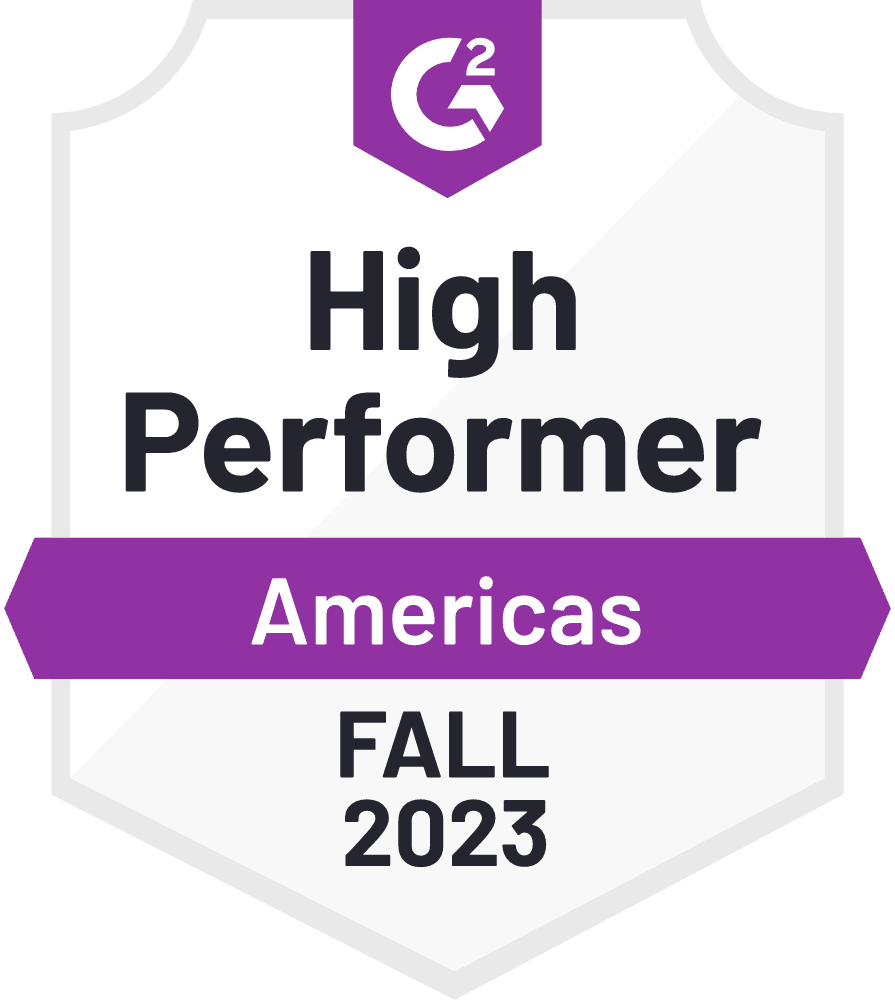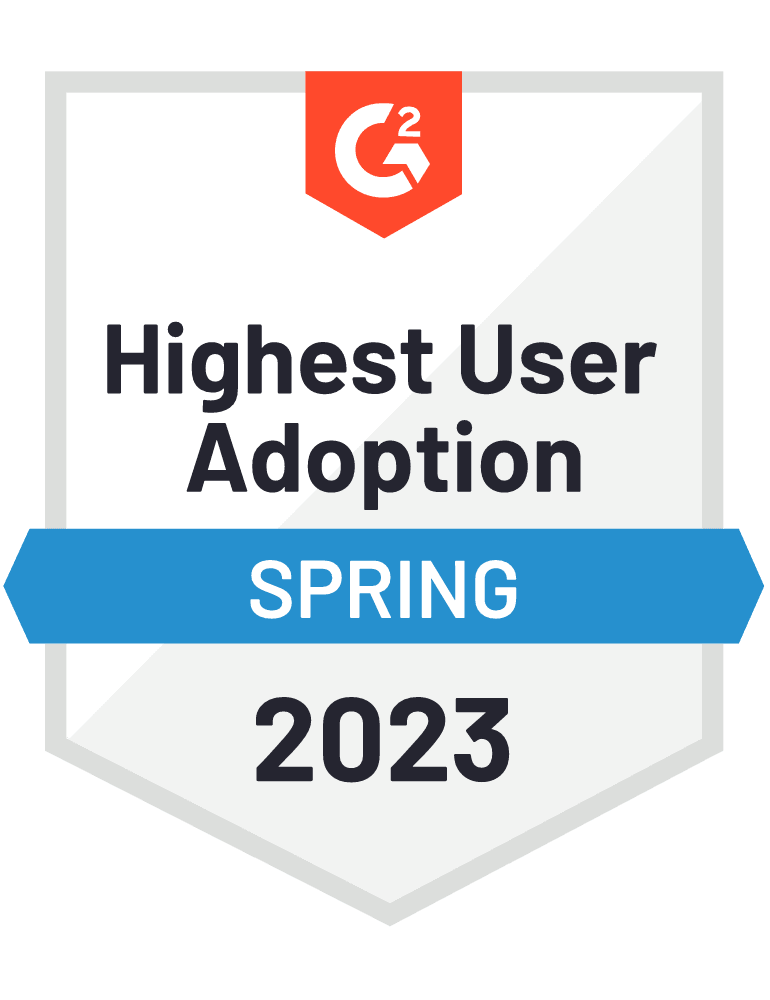Welcome to Pay Matters, our monthly roundup of all the payroll and compliance news that you must know.
Stay informed and in compliance with our monthly payroll alerts and insights.
DOL Releases Final Overtime Rule
On September 24, the U.S. Department of Labor (DOL) released its final overtime rule, raising the threshold amount above which employees are exempt from overtime pay under the Fair Labor Standards Act (FLSA).
Effective January 1, 2020 the weekly salary threshold will rise to $684, or $35,568 annually. This is significantly lower than the 2016 Obama Administration’s proposed threshold of $913 per week, although still a substantial increase from the current $455 per week and the $23,660 annual threshold.
The 2016 Obama-era rule was scheduled to go into effect December 1, 2016, but at the last minute, a Texas district federal court blocked the ruling in an emergency motion.
As under the Obama legislation, the DOL final rule allows employers to use nondiscretionary bonuses and incentive payments, such as commissions, to meet up to 10% of the salary level test. In addition, the new salary level for Highly Compensated Employees (HCEs) will rise to $107,432 (including weekly payments of at least $684), an increase from the current $100,000 (including weekly payments of at least $455). The administrative, executive, and professional duties tests will remain unchanged and there will be no automatic increases to the salary threshold, although the rule does affirm the DOL’s intent “to update the standard salary level and HCE total annual compensation threshold more regularly in the future using notice and comment rulemaking”.
For a copy of the final rule click here.
Note that in states that have thresholds higher than the new DOL threshold (e.g. California and New York), the new DOL rule would not affect employers.
ACA State Reporting to Start for 2019
New state ACA reporting requirements are in effect for the 2019 filing year.
New Jersey and Washington, DC have passed legislation requiring Applicable Large Employers (ALEs) who employ New Jersey or DC residents to e-file health coverage information based on IRS Forms 1094-C and 1095-C. Out-of-state employers who employ New Jersey or DC residents have the same filing requirements as in-state employers.
New Jersey ACA filings are due 3/31/2020 and will be submitted using the Division of Revenue and Enterprise Services’ (DORES) MFT SecureTransport system. The file format is the same as the IRS format. Employers with fully insured, self-insured, and multi-employer plans must file.
Washington, DC ACA filings are due 6/30/20 and will be submitted to the DC Office of Tax and Revenue. The file format is the same as the IRS’s, except that the XML file must be translated into a flat CSV file. Employers with fully insured, self-insured, and multi-employer plans must file.
Paper filings will not be accepted for either state.
Several other states will require ACA reporting soon. California and Rhode Island reporting will begin in 2021 for the year 2020. Vermont will require reporting for the 2020 year only if the federal reporting mandate is suspended or eliminated.
The following states are considering similar legislation but have yet passed a law: Connecticut, Hawaii, Maryland, Minnesota, and Washington.
For more information. check out these links on the New Jersey and Washington DC ACA reporting requirements.
EEOC Backtracks from Future Component 2 Data Collection
The Equal Employment Opportunity Commission (EEOC) announced that it does not plan to collect the detailed employee compensation data (Component 2) on Form EE0-1 in the future. Instead, it will collect only Component 1 data which is more basic employee demographic information.
Employers remain obligated to submit employee compensation data for 2017 and 2018 by September 30, 2019.
Expanded Rights for New York Agricultural Employees
Effective January 1, 2020 New York agricultural and farm laborers will be entitled to overtime pay for hours in excess of 60 in a workweek. They will also be covered by the New York Paid Family Leave law.
New York Employers May Face Greater Liability for Failure to Pay Workers on Time
Under New York’s frequency of pay laws, manual workers must be paid no less frequently than on a weekly basis. A manual worker is defined as “a mechanic, workingman, or laborer”, but the NY Department of Labor interprets that definition broadly to include anyone who spends 25% or more of his/her working time engaged in physical labor.
A recent, unprecedented appellate court decision ruled that a manual laborer could recover liquidated damages from an employer who paid her in full but biweekly. Prior to this decision, employers were only subject to civil penalties for violation of frequency of pay laws. With this recent decision, more employers may find themselves exposed to liquidated damages, interest on wages, and liability for attorney fees for not paying workers on time.
New Jersey Passes Expansive Wage Theft Prevention Act
On August 6, Lieutenant Governor Sheila Oliver signed into law the New Jersey Wage Theft Act.
Effective immediately, the law expands employer penalties for violation of the state’s wage and hour laws, adds protection for employees against employer retaliation, and extends the statute of limitations for actions under the state wage and hour laws from two years to six years.
Under the law, employers must provide all current employees and all new hires with a notice of employee rights under the state wage and hour laws. The notification requirements will take effect upon publication of a model notice by the NJ Department of Labor.
New York Paid Family Leave to Increase for 2020
The tax rate for New York’s Paid Family Leave (PFL) program will rise from 0.153% in 2019 to 0.27% in 2020, resulting in a maximum total contribution for 2020 of $196.72, up from $107.97 in 2019 .
PFL contributions are withheld from employee paychecks and remitted by employers as premiums to their third party PFL insurance carriers. Employers may choose to forgo employee withholding and pay the premiums from company funds.
In 2020, eligible employees will receive 60% of their average weekly wage, up to a cap of 60% of the current Statewide Average Weekly Wage of $1,401.17. Thus, the maximum weekly benefit for 2020 is $840.70.
For more information click here.
California Passes Strict Independent Contractor Test
Effective January 1, 2020, California workers who fail to meet all three requirements of an “ABC” test, must be classified as employees and are entitled to minimum wage, overtime pay, and other employee protections not granted to independent contractors.
According to the ABC test, California will treat a worker as an employee unless all three of the following are met:
- The employer does not control or direct their work and
- The worker performs tasks outside of the employer’s usual course of business and
- The worker is customarily engaged in an independent trade, occupation, or business where the nature of the work is the same as the work performed for the employer.
Workers in certain highly skilled professions such as doctors, lawyers and engineers would generally not have to satisfy the three conditions to be considered independent contractors.
For more information click here.
Illinois Passes 30 Day Workday Threshold for Nonresidents
Effective January 1, 2020, Illinois non-resident employees will only be subject to income tax if they work in the state more then 30 days in a calendar year.
Under the previous law, nonresident employees were subject to Illinois income tax if they worked primarily in Illinois or if their base of operations was in the state. This is the first time Illinois has passed a workday threshold.
Employers of Illinois nonresidents who work in the state must now track days worked in Illinois to determine if employees meet the 30-day threshold and are subject to Illinois income tax withholding.
Local Minimum Wage
The City of South San Francisco has adopted a $15 minimum wage effective January 1, 2020. The minimum wage will be adjusted annually for inflation.
This information is for educational purposes only, and not to provide specific legal advice. This may not reflect the most recent developments in the law and may not be applicable to a particular situation or jurisdiction.










